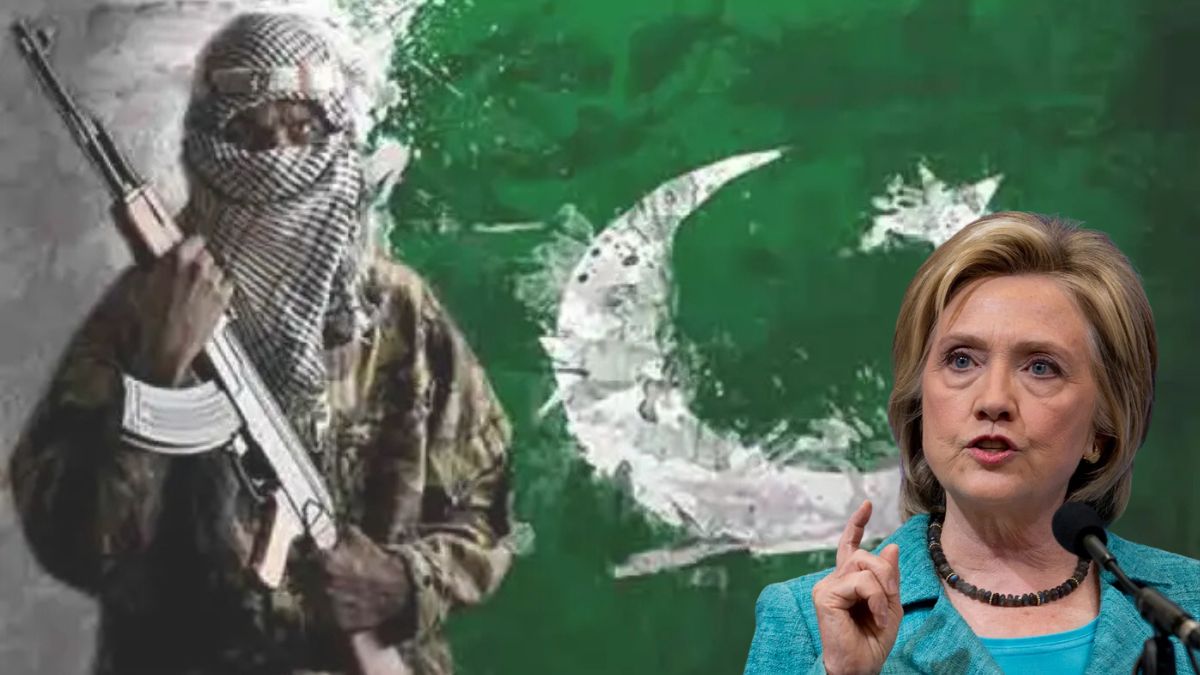More than a decade ago, former US Secretary of State Hillary Clinton famously warned Pakistan’s leaders about the dangers of nurturing extremism, cautioning that “you can’t keep snakes in your backyard and expect them only to bite your neighbours.”
Today, her words ring truer than ever as Islamabad continues to grapple with the relentless threat posed by the Tehreek-e-Taliban Pakistan (TTP).
How has TTP resurged in Pakistan?
The TTP, once weakened by military operations such as Zarb-e-Azb and Radd-ul-Fasaad, has resurged with alarming intensity over the past few years. Taking advantage of instability in Afghanistan following the Taliban’s return to power in 2021, the group has restructured its leadership, expanded recruitment, and intensified attacks inside Pakistan.
The group’s cross-border sanctuaries in Afghanistan have given it both strategic depth and operational resilience, turning it into a formidable internal security challenge.
What makes the TTP crisis uniquely problematic for Pakistan is its self-inflicted dimension. For years, Islamabad viewed militant groups as tools of strategic influence in Afghanistan and against India.
This policy of selective tolerance created an environment where extremist ideologies thrived. While some factions were targeted, others were shielded under the illusion of serving national interests. The outcome has been predictable: blowback within Pakistan’s own borders, with civilians, security forces, and state institutions becoming prime targets.
How has TTP inflicted internal damage to Pakistan?
The statistics tell a grim story. In 2024 alone, Pakistan witnessed hundreds of terror incidents attributed to the TTP, especially in Khyber Pakhtunkhwa and Balochistan. Police stations, military convoys, and even polio vaccination teams have faced assaults.
The cost is not just measured in lives lost but also in eroded public confidence, stalled development, and weakened investor trust at a time when Pakistan’s economy is already in deep crisis.
Adding to Islamabad’s dilemma is the Afghan Taliban’s ambivalence. Despite repeated requests, Kabul has done little to rein in TTP fighters operating on its soil.
Pakistan’s attempts at peace talks with the group in 2022, mediated by the Afghan Taliban, collapsed after the TTP refused to disarm and instead escalated attacks. The strategy of appeasement backfired, emboldening the militants further.
How do Clinton’s remarks ring true?
Hillary Clinton’s remark was not just a diplomatic quip. It was a warning that state patronage of extremism would eventually turn against its sponsors. Pakistan now finds itself living that reality. The TTP has evolved into more than just a security nuisance; it is a political, economic, and ideological challenge that questions the very foundations of Pakistan’s governance.
Unless Islamabad abandons the notion of “good” and “bad” militants and adopts a comprehensive counterterrorism policy, the “snakes in the backyard” will continue to bite, and harder than ever.
